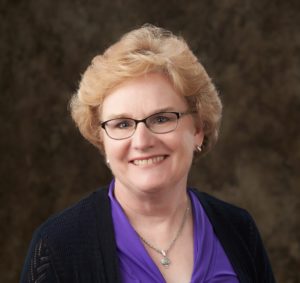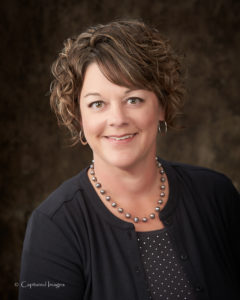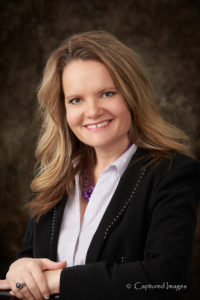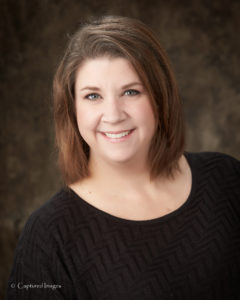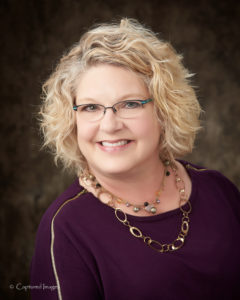
Safety and security of foods preserved in the home depend on the cook. It is vital that proper techniques and processes are used to ensure that home-preserved foods remain safe.
The failure to follow a tested recipe or to store food in a safe place can jeopardize food safety, yet recognizing when home preserved foods are past their prime or no longer safe-to-eat is sometimes a challenge, said Karen Blakeslee, Kansas State University Research and Extension food scientist.
Tell-tale signs that suggest food is suspect and should be discarded include:
* Vacuum seal on the lid has been compromised; lid may pop, bulge, or show signs of rust;
* Jar is chipped, cracked or otherwise damaged;
* Evidence of loss of food quality, such as the presence of mold, loss or change of color, texture, or off odor.
* Evidence of insect or rodent infestation; and
* Date made is unknown.
Do not taste or use food from any jar that has become unsealed or shows any signs of spoilage, Blakeslee said.
To keep home canned foods safe, she recommends:
1) Choose a tested recipe from a reliable source;
2) Use canning equipment that is in tiptop shape. Check the pressure canner gauge annually or more frequently, if a malfunction is suspected. Replace damaged jars and containers. Use new lids;
3) Follow recipe directions exactly;
3) Label and date all home-preserved foods;
4) Store home canned foods in a cool, dry and dark place. Avoid attics, garages, or shelving near a water heater or other appliances that generate heat;
5) Use home preserved foods within one year; and
6) Check food storage area regularly to inspect for potential problems, such as a water leak or insect damage.
It is recommended that pressure canner/cooker gauges be tested for accuracy. This can be done quickly and easily in any of the Southwind Extension offices at no cost. Call any of the Southwind offices to schedule a time to have testing done.
More information about food preservation is available at K-State Research and Extension Southwind offices, and on our website at www.southwind.ksu.edu.
An additional resource is the National Center for Home Food Preservation, located at the University of Georgia and online at: http://www.uga.edu/nchfp.

